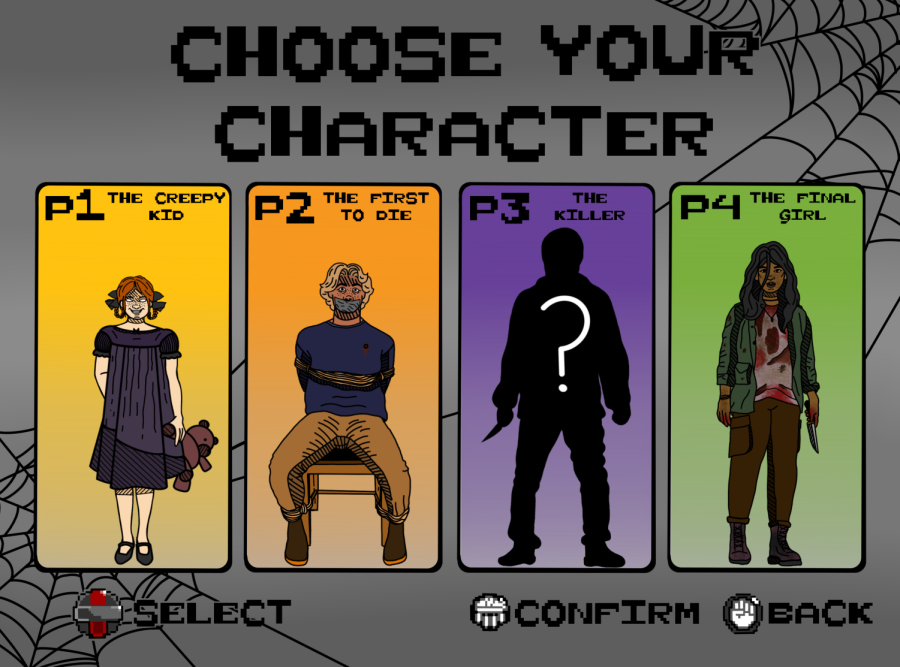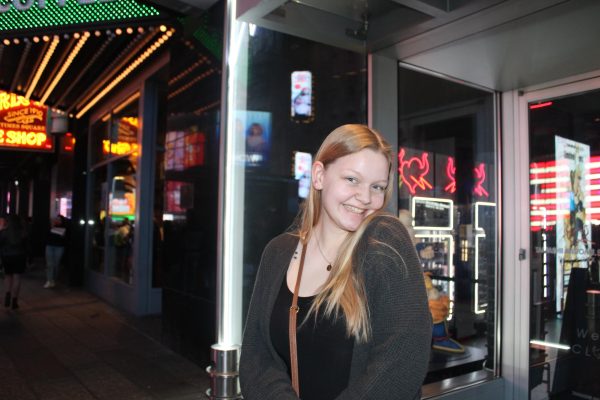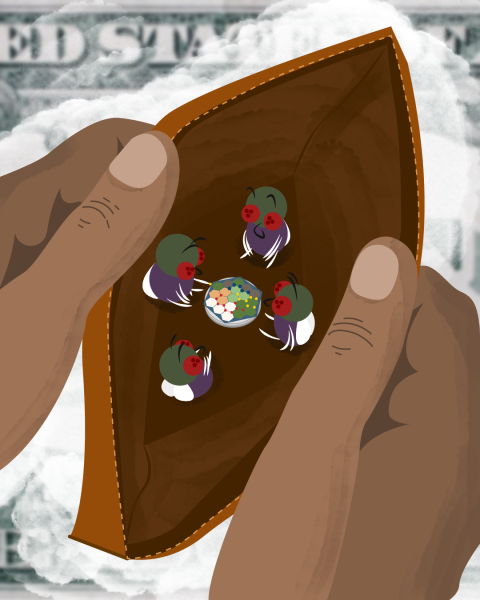OPINION: Trick or treat, smell my feet, horror movies remain elite
October 11, 2022
It’s officially nearing the best time of the year: spooky season. The leaves are changing, “Harry Potter” marathons are on TV and hot chocolate seems to be a necessity every night. With these traditions comes the return of classic horror movies. Whether it’s binging Hitchcock, hiding eyes from the latest Jordan Peele movie or watching all five “Scream” films in a row, horror movies bring a traditional feel to spooky season that nothing else can.
Boone is one of the best places to enjoy the fall weather. With the Blue Ridge Parkway being a short drive away and many fall and Halloween festivities going on in the heart of the town, Boone is a wonderful community to be a part of during the Halloween season. And what better to do during the Halloween season than sit back and enjoy a horror movie?
There is an ongoing debate regarding if the genre is too predictable because a lot of the films within it follow the same trope. Most of the genre revolves around some masked villain that goes on a killing spree and ends up being someone with some connection to the main characters. Yes, a lot of them follow the same plot, but a sense of predictability is a good thing while watching horror.
Take “Friday the 13th” from 1980 and the 2017 film “Happy Death Day.” Both films feature a masked murderer terrorizing victims. While they share that one similarity, the movies are vastly different. “Friday the 13th” is about camp counselors being killed one by one, potentially by a vengeful Jason. “Happy Death Day” is focused on the murder of one college girl who wakes up day-to-day, trapped in her murderous nightmare. Both are considered slasher films but have differences that make them appeal to different sorts of audiences.
It makes sense that some people share a sense of disdain for the repetition of some parts of the genre. Jump scares seem to be predictable a lot of the time, climaxing and suspenseful music is used in most of the scariest scenes and sometimes it can be predicted how the villain is caught. There are also multiple tropes that are reused throughout horror movies, such as the classic “let’s split up and search both stories,” the “surprise” ending with the murderer ending up connected to the main character, or the characters running from the villain falling and almost getting caught up with.
There are definitely some similarities between different horror movies, but there are also a large number of subgenres of horror. Because of this variety, movie watchers can choose the subgenre they please and enjoy a completely different storyline than they would with a different subgenre.
For example, there is a large difference between psychological horror and slasher films. Psychological horror is more along the lines of “The Silence of the Lambs” or “1408.” Both of these films leave viewers terrified in a completely different way than a slasher would.
When comparing a psychological horror film like “The Silence of the Lambs” and a slasher film such as “The Prowler,” these two can offer completely opposing experiences. “The Silence of the Lambs” is a horror film in the sense that it messes with the viewer’s mind and leaves them with a very disturbed feeling, as it deals with topics that are not brought up in many other horror films. “The Prowler” follows a World War II veteran on his murderous streak and includes a much more gory storyline. These types of horror movies focus more on the jump scare, violent aspect.
The same people that complain about repetition in horror movies turn around and watch romantic comedies that are exactly the same as one another, just with different named characters. The majority of romantic comedies can be predicted immediately with complete accuracy, but people still fawn over each new one that comes out. So, if society is not complaining about those, then why is predictability in horror movies such a bad thing?
When you watch a horror movie, your brain immediately reacts with a fight-or-flight response. This is the reason heart rates increase, palms become sweaty and jump scares quite literally cause jumping. The part of your brain that processes emotions, the amygdala, essentially tells your body you are frightened, which then impacts the way the rest of your body handles the situation. Horror movies can make the brain think you are actually in danger based on your reaction to the film.
A large reason horror movie fans may be disappointed in the genre for its predictability is because a desensitization effect can occur after watching multiple films. The desensitization effect can cause anxiety about the film to decrease as one watches horror film after horror film because the scary parts become expected. Because of this effect, viewers may believe the genre is becoming predictable when, in actuality, there is less anxiety and more expectedness while watching.
The genre of horror has entertained masses for decades now and there is no reason why it should not continue. With multiple subgenres, new releases to look forward to and having access to the classics, horror will never cease to both captivate and terrorize audiences.













